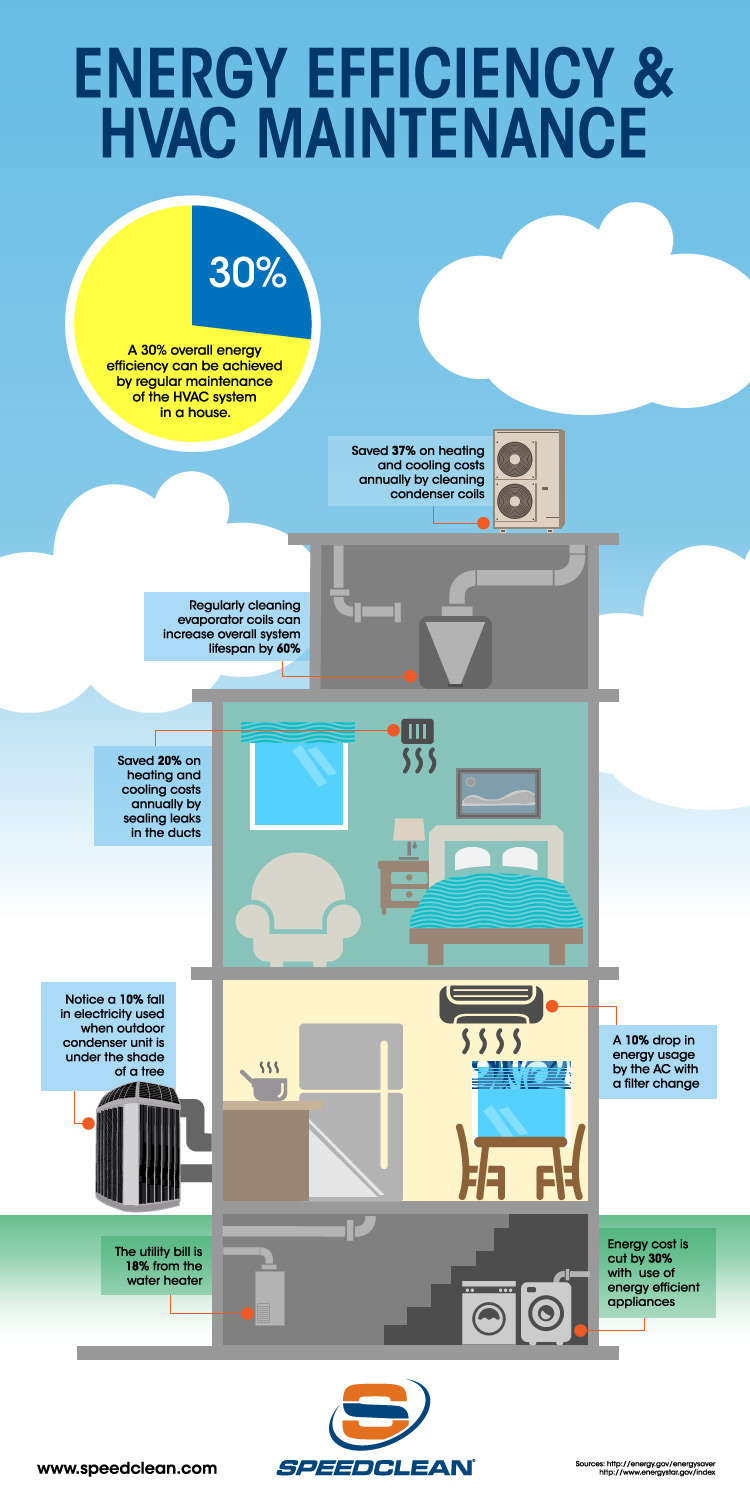Understand Exactly How To Make The Most Of The Effectiveness And Resilience Of Your Heatpump System By Avoiding Regular Setup Pitfalls
Understand Exactly How To Make The Most Of The Effectiveness And Resilience Of Your Heatpump System By Avoiding Regular Setup Pitfalls
Blog Article
Article Composed By-Harper Sparks
When mounting a heat pump, you must avoid common mistakes that can jeopardize its effectiveness. Neglecting correct sizing might bring about inadequacies and higher utility prices. Overlooking insulation and securing could result in power wastefulness and strain on the device. Furthermore, positioning the outdoor unit improperly might influence its efficiency. By preventing these mistakes, you can guarantee ideal functioning and sturdiness of your heatpump system.
Improper Sizing of Heat Pump
When it comes to the setup of heatpump, one of one of the most common errors is incorrectly sizing the device for your space. Ensuring the best dimension is vital for optimal performance. If the heatpump is too tiny, it will certainly battle to warm or cool your area effectively, leading to boosted power bills and prospective damage on the system.
On the other hand, if the heat pump is as well big, it will certainly cycle on and off regularly, triggering temperature fluctuations and decreasing its life-span.
To prevent this error, it's important to have an expert analyze your space and suggest the appropriate dimension of the heatpump based upon variables like square video footage, insulation, ceiling height, and local climate. By investing the time and initiative to guarantee the appropriate sizing, you can enjoy a comfy atmosphere while making best use of power effectiveness and prolonging the lifespan of your heatpump.
Inadequate Insulation and Sealing
To guarantee the reliable procedure of your heat pump, it's essential to resolve inadequate insulation and sealing in your space. Appropriate insulation helps maintain a constant temperature level inside your home, minimizing the work on your heatpump. Poor insulation can cause energy loss, making your heat pump job harder and less successfully.
Sealing check this site out of spaces or leakages in your area is just as essential. These spaces permit conditioned air to escape and outside air to leak in, compeling your heat pump to make up for the temperature level changes.
Inaccurate Placement of Outdoor System
Dealing with the positioning of your heat pump's outdoor system is key to maximizing its efficiency. Mounting https://www.cmmonline.com/news/new-cdc-ventilation-guidelines-help-stop-the-spread-of-covid-19 in a wrong location can cause performance problems and prospective damages to the unit.
One usual error to avoid is placing the exterior unit as well close to a wall surface or other frameworks. This can limit airflow, causing the device to function tougher to warmth or cool your space, inevitably reducing its performance and life-span.
One more mistake to avoid is placing the outdoor device in straight sunlight. While some sunshine is unavoidable, extreme direct exposure can cause overheating, specifically throughout warm summer season days. It's finest to position the exterior device in a shaded area to aid keep its optimal operating temperature level.
Furthermore, see to it that the exterior system is put on a secure and degree surface. Irregular ground can create vibrations and unneeded stress on the system, affecting its performance over time.
Final thought
In conclusion, avoiding common errors throughout heat pump installment is vital for taking full advantage of performance and long life of your system. By guaranteeing proper sizing, sufficient insulation, sealing, and appropriate positioning of the outdoor unit, you can stop problems such as inadequacies, boosted energy bills, and pressure on the unit. Making the effort to resolve these vital variables will ultimately conserve you time and money in the long run.
